Television needs to give up its former glory
Journalist Nguyen Thu Ha - Deputy Director of VTV Digital Content Production and Development Center, Vietnam Television (VTV) commented that currently, the period of television-centric communication has ended, moving to the period of digital-centric communication.
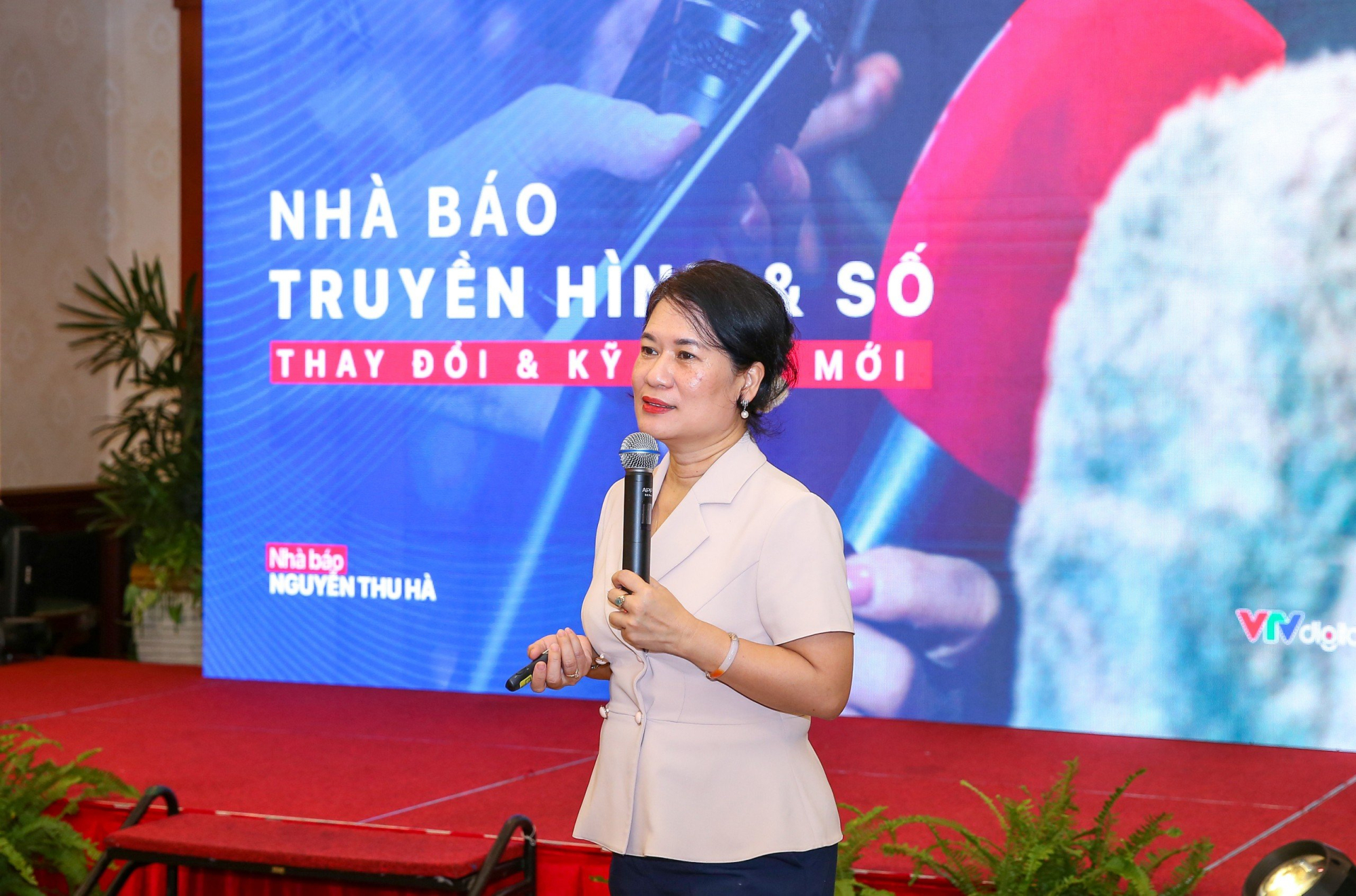
Journalist Nguyen Thu Ha - Deputy Director of VTV Digital Content Production and Development Center, Vietnam Television Station at the discussion session.
There are many changes as the viewer's screen has changed, the public has changed and countless creators have appeared. Multimedia and digitalization have blurred the boundaries of television with other types of journalism and content. Therefore, television workers need to master technology, do multimedia journalism, do mobile journalism, do journalism with AI, use social networks as social capital, exploit news sources, publish, interact and build personal brands, thereby creating digital revenue sources.
In addition, journalist Nguyen Thu Ha emphasized that journalists today must pay special attention to the questions Why and How to create intelligent journalism - political journalism, investigative journalism, and solution journalism. At the same time, strengthen the values and professional ethics, and strengthen the brand of the press agency. "The most difficult thing now is that television needs to give up its previous glory to change," journalist Nguyen Thu Ha commented.
"AI is a once-in-a-century opportunity"
That is the affirmation of Master Nguyen Van Khanh - Head of the team restoring 10 thousand photos of martyrs using AI technology.
According to Mr. Nguyen Van Khanh, in a recent survey, more than 80% of users asked have heard someone say the word "AI" but 80% are not interested or are interested but do not use it. The majority feel that this technology is strange and too complicated to learn, and believe that it is not related to them.
Mr. Khanh said that AI tools are mushrooming. According to data, every month there are over 2 thousand new AI-generated tools released based on open source code.
"Our opportunity is to leverage deep industry knowledge and create AI that can support extremely easily in many fields," Mr. Khanh emphasized.
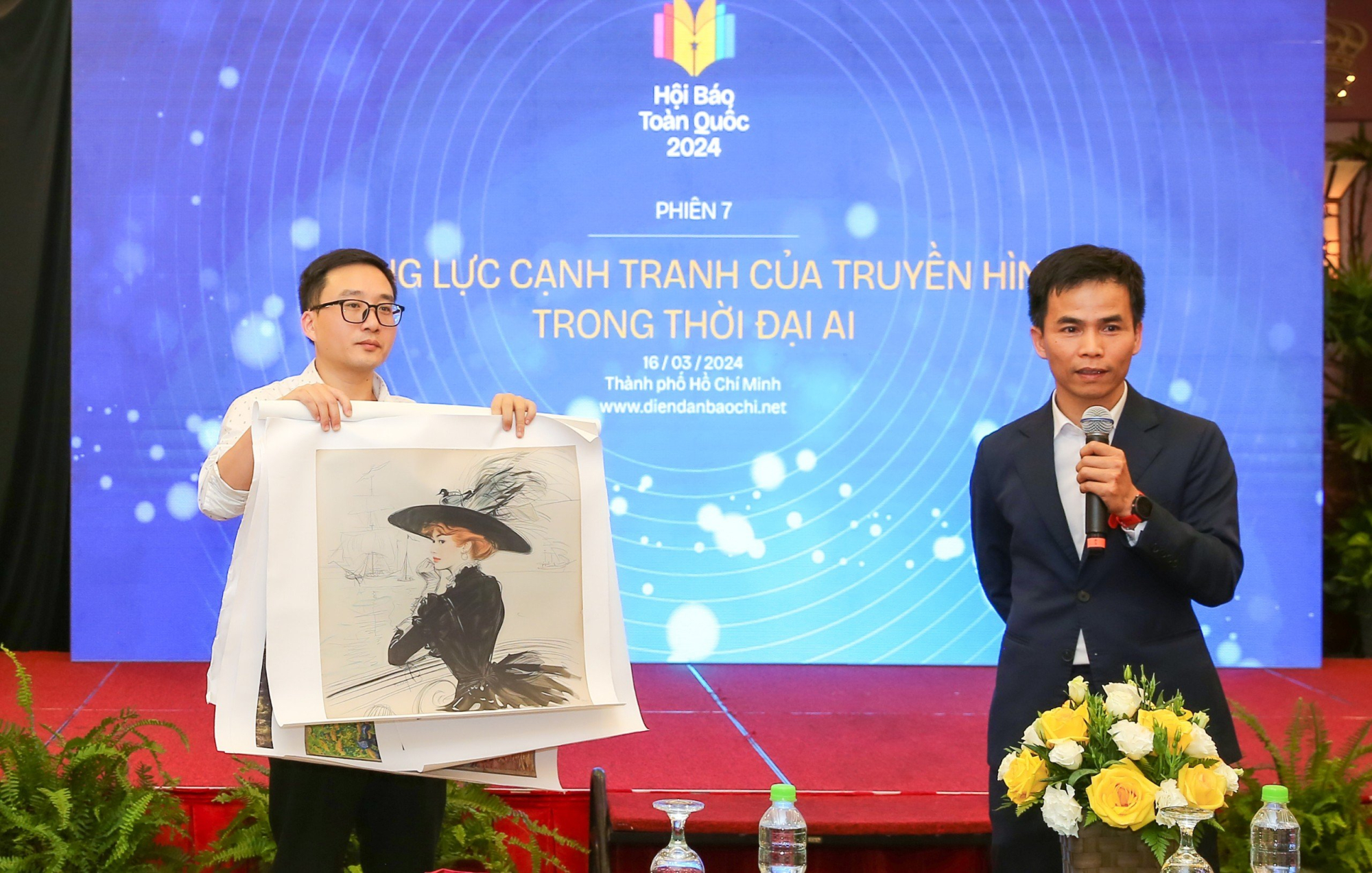
Master Nguyen Van Khanh believes that AI is a once-in-a-century opportunity.
Accordingly, generative AI is applied in practice, becoming an extremely effective support tool in restoring historical culture such as creating purely Vietnamese images, bringing fairy tales closer to real life, and incorporating them into visual literature lectures. Restoring village, ethnic and purely Vietnamese culture - this is an interesting potential mine that needs to be explored and researched.
Besides, many people use AI to restore the past, such as restoring photos of martyrs, heroes, and meritorious people; restoring famous people; restoring relatives of families.
"The world is too old and rich to be complacent and sluggish - AI is a once-in-a-century opportunity. We must master AI, not be AI's soldiers," said Mr. Nguyen Van Khanh.
Applying AI in television is feasible and an inevitable trend.
According to Master Nguyen Truong Giang - Director of the Television Technical Center - VTV, artificial intelligence brings positive impacts to most areas of life. In television, AI appears on hardware devices and post-production software that allows automation of tasks, and is a creative assistant to create better quality and more attractive content.
Master Nguyen Truong Giang said that since 2018, AI trained from 25,000 clips from the animated film The Flintstones has been able to generate new clips just by providing any descriptive text. By 2024, OpenAI's Sora will be able to generate realistic and creative scenes from written instructions.
AI real-time intervention in live broadcast images, not only can produce offline content, AI can real-time intervention in live broadcast programs. In 2018, Xinhua News Agency introduced an English-speaking AI, based on the prototype of another host.
AI helps analyze audience preferences, thereby deciding on content development directions and selecting appropriate content to effectively exploit advertising.
AI greatly supports the automatic implementation of many large-volume, labor-intensive tasks with high efficiency and accuracy such as: Converting speech to text to support news production, supporting automatic metadata creation in storing and classifying documents, supporting quick and accurate document searches.
Talking about the application of AI at VTV, Master Nguyen Truong Giang shared that AI is being applied very usefully in automatic tape extraction, actively supporting the work of reporters, saving time in post-production, and meeting the requirement of quick updates for news articles.
In addition, AI is applied to analyze big data. "We collect user behavior data on VTVGo, VTV.vn platforms, and fanpages. Analyze data, provide useful information for program production, target advertising, enhance user experience, and guide viewing content according to taste," said Master Nguyen Truong Giang.
VTV has used AI to create a virtual MC. Based on the data of a real Editor, an AI Editor was built to simulate the intonation, voice, expression, and facial movements (Avatar or virtual person). Giving the virtual MC a news segment will create a video with images reading the news like a real editor.
"The application of AI in television is now feasible and also an inevitable trend. AI can be applied in all stages from content ideation to program production techniques to increase content quality, speed, accuracy... in program production. The effective use of AI in the production of television programs depends on the needs and existing technical foundations," Master Nguyen Truong Giang emphasized.
Copyright issue is still a problem that needs to be solved
During the discussion, the speakers mentioned some of the challenges associated with AI, which, if not properly supervised, can be used to automatically generate fake news or inaccurate information. AI can misunderstand context and produce inaccurate analysis if not properly trained or if the input data is not deep enough.
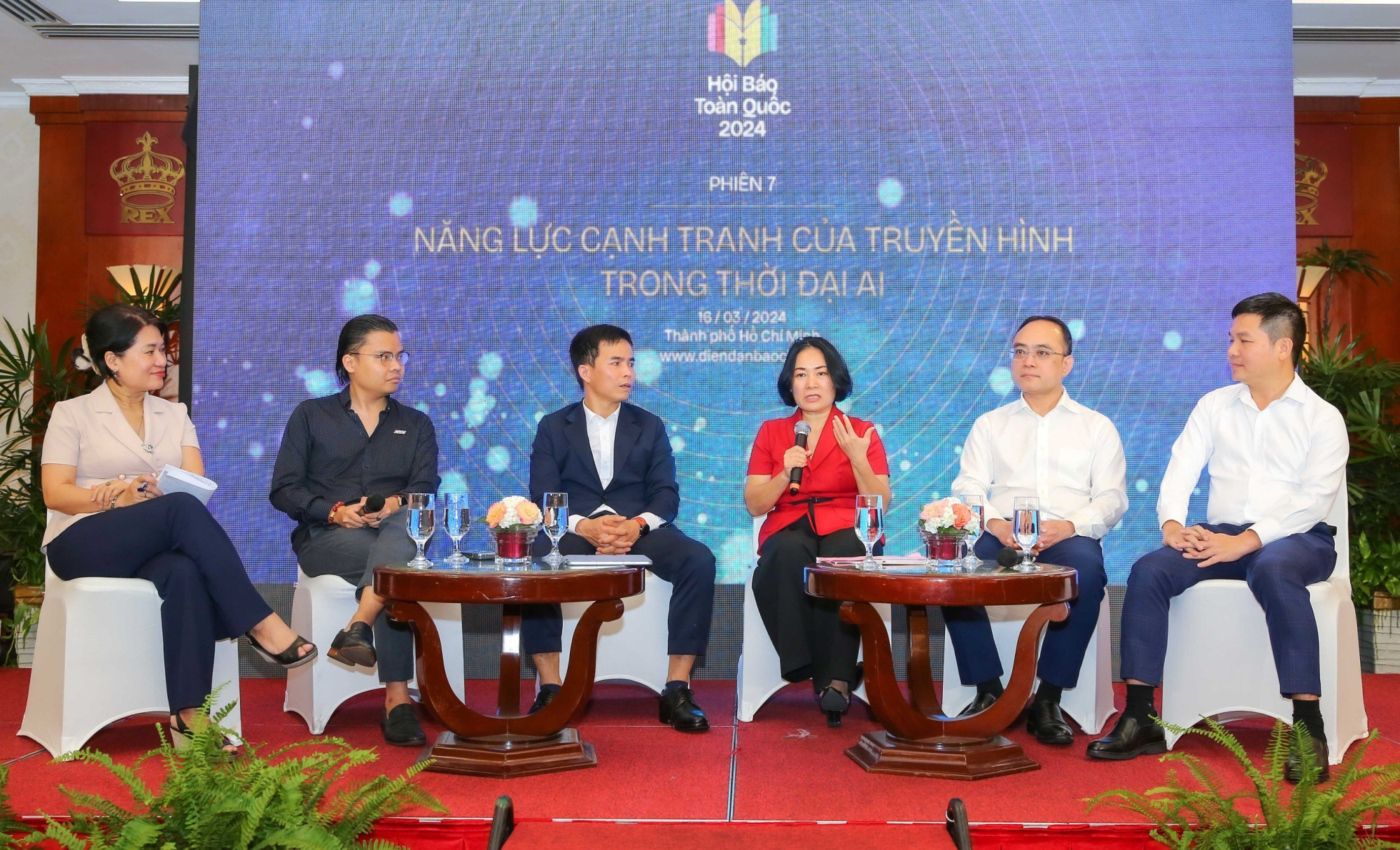
Copyright when using AI was the most mentioned topic at the discussion session.
However, according to journalist Nguyen Thu Ha, when videos created by AI have images that do not match the sound, making viewers doubt the accuracy, then the public's trust in the press increases. They will turn to mainstream news sites to find information when needed.
Legal issues were also discussed during the discussion. Recent lawsuits between US businesses and future court decisions in the US are an important “test” to predict the direction of the settlement of disputes, which are expected to increase.
The speakers argued that achieving a balance between protecting intellectual property rights and developing AI remains a problem that needs to be solved. There are valid points on both sides of the argument: data generated by entities cannot be a free commodity; but if the cost is too high, it will hinder the development of potential new technologies, of which AI is just one example.
For Vietnam, monitoring technological and legal movements related to AI is necessary because understanding such trends will help different parties better prepare for the rising AI wave. For press agencies or media businesses, it is necessary to proactively ask for permission or negotiate commercial agreements to collect and use data in AI training with partners, whether domestic or foreign, to avoid the risk of litigation.
PV Group
Source


![[Photo] Looking back at the impressive moments of the Vietnamese rescue team in Myanmar](https://vstatic.vietnam.vn/vietnam/resource/IMAGE/2025/4/11/5623ca902a934e19b604c718265249d0)


![[Photo] "Beauties" participate in the parade rehearsal at Bien Hoa airport](https://vstatic.vietnam.vn/vietnam/resource/IMAGE/2025/4/11/155502af3384431e918de0e2e585d13a)


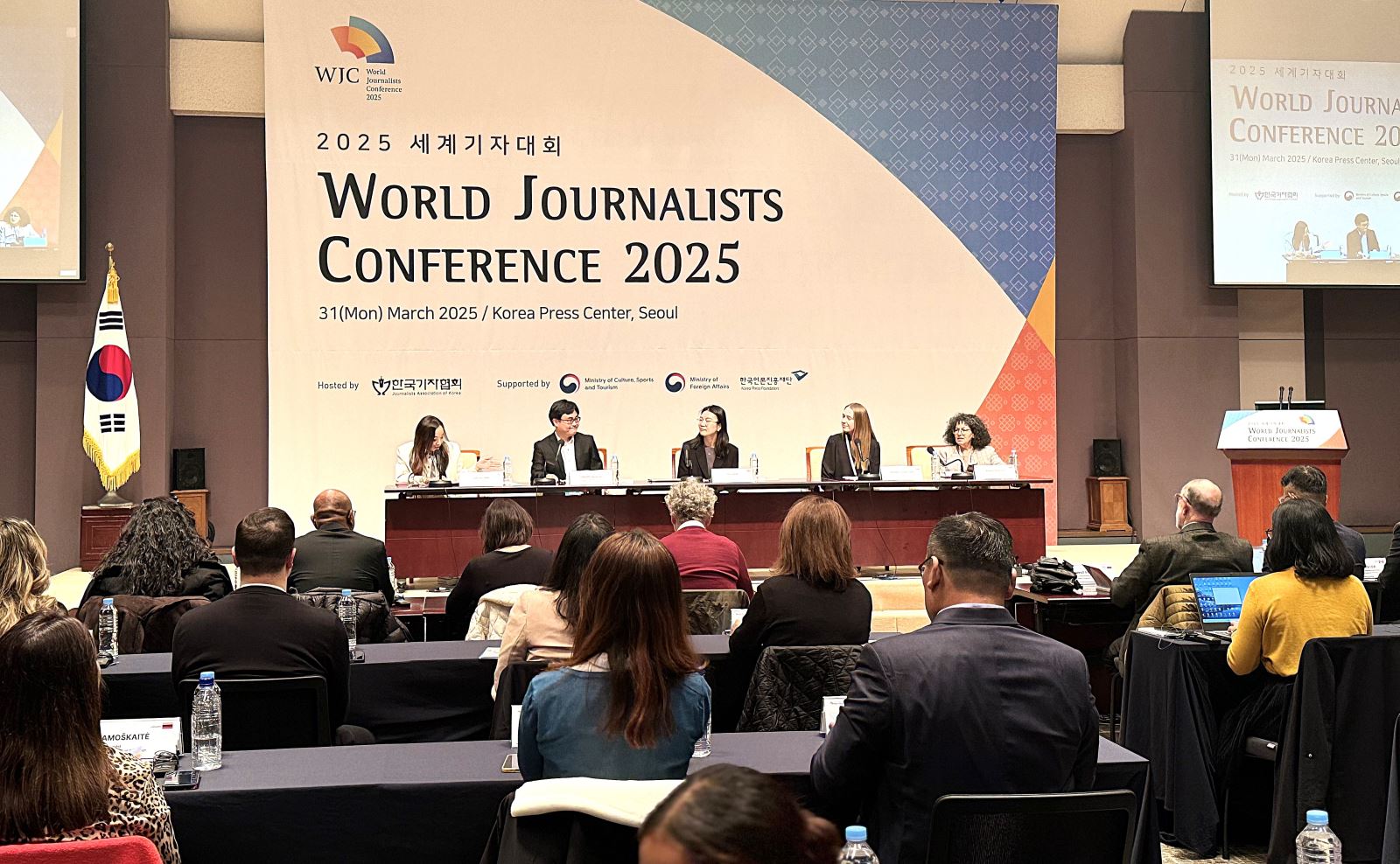

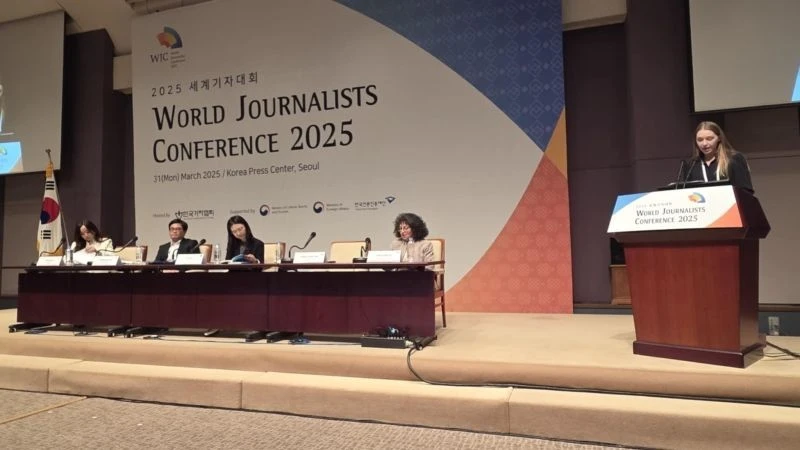


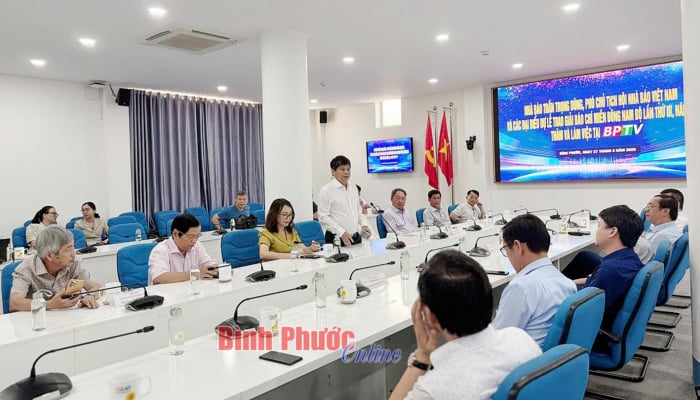
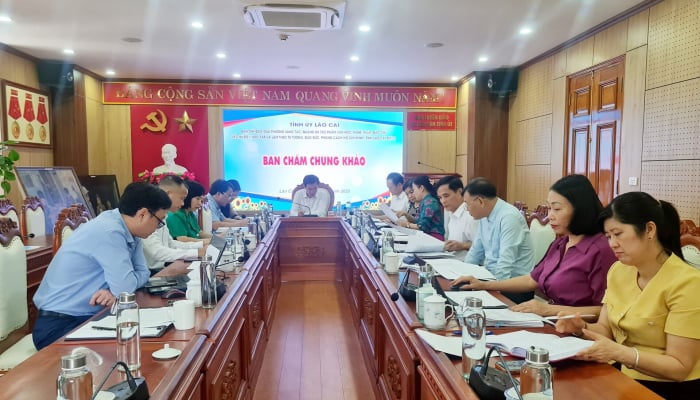
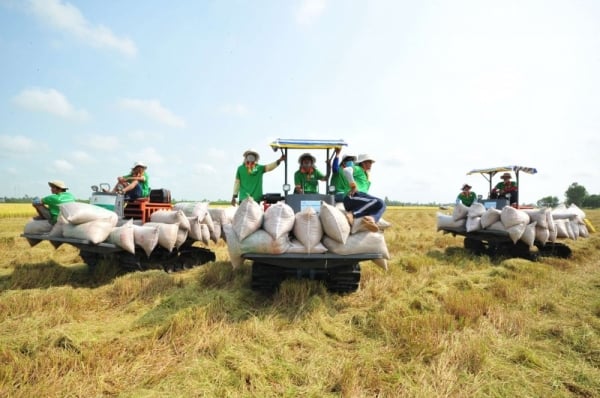

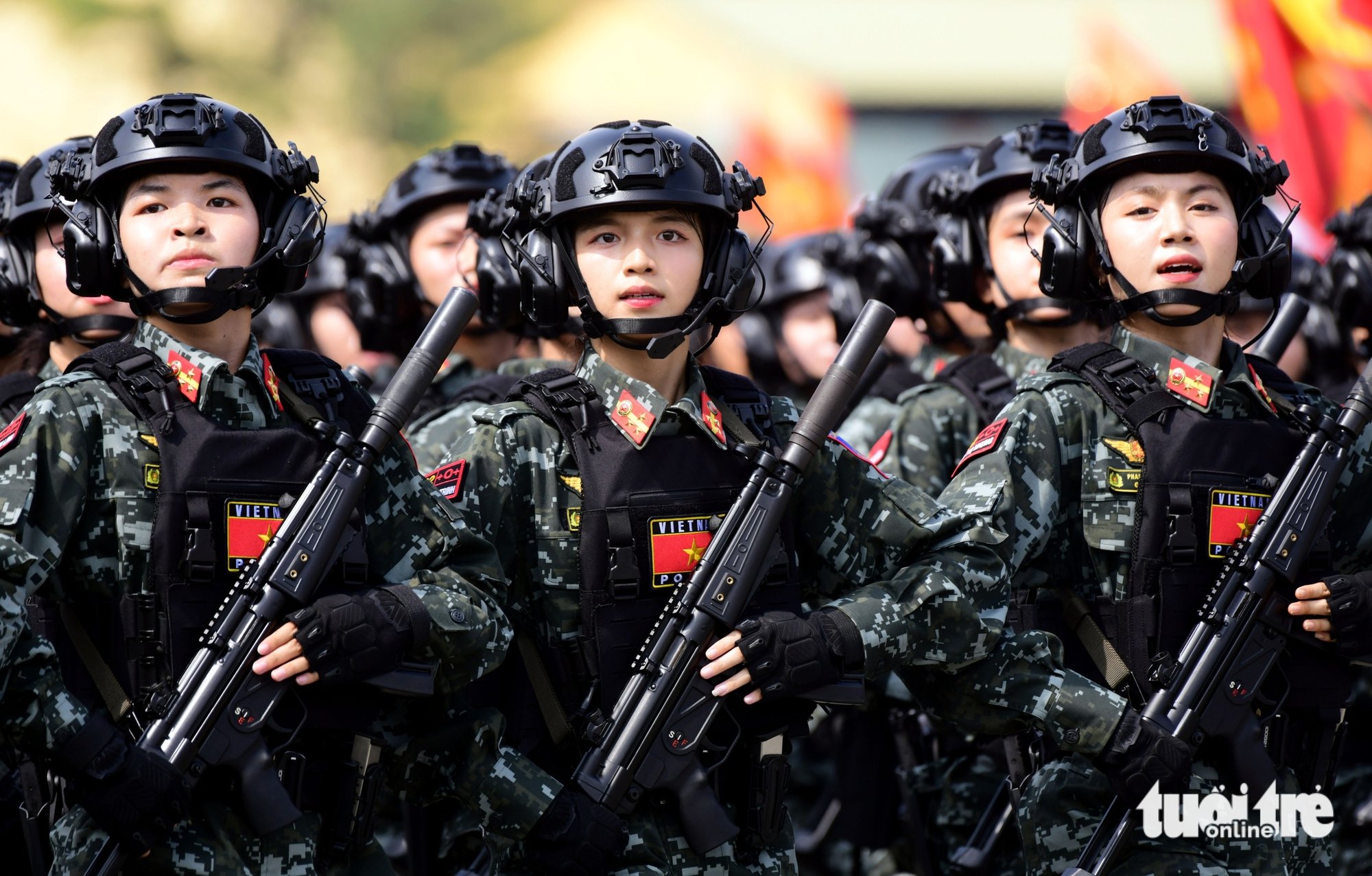

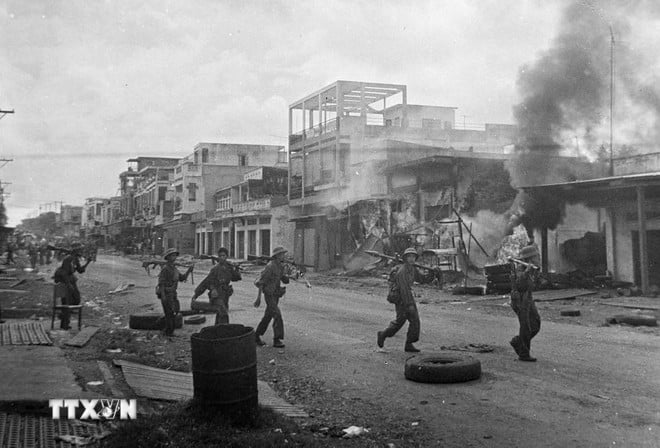
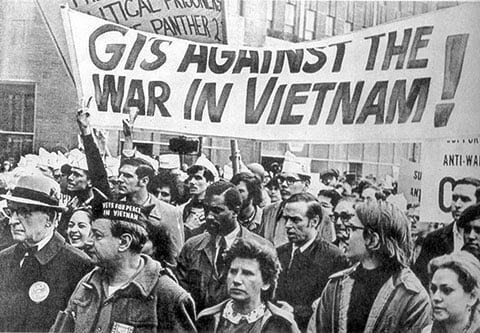
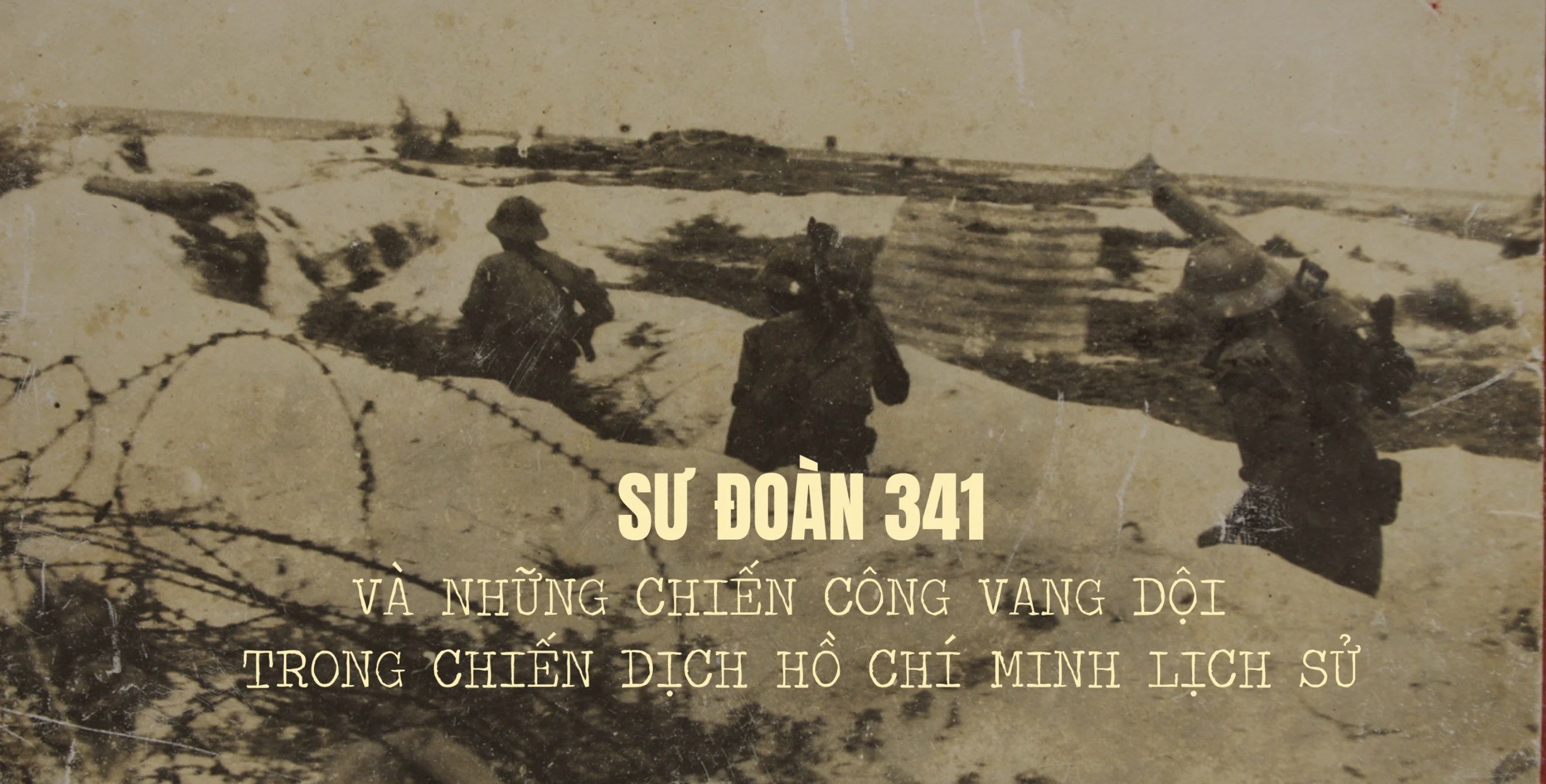
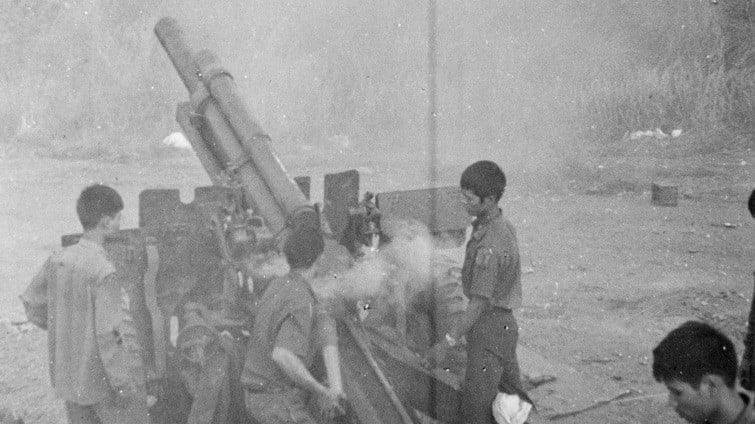








![[Photo] Summary of parade practice in preparation for the April 30th celebration](https://vstatic.vietnam.vn/vietnam/resource/IMAGE/2025/4/11/78cfee0f2cc045b387ff1a4362b5950f)









































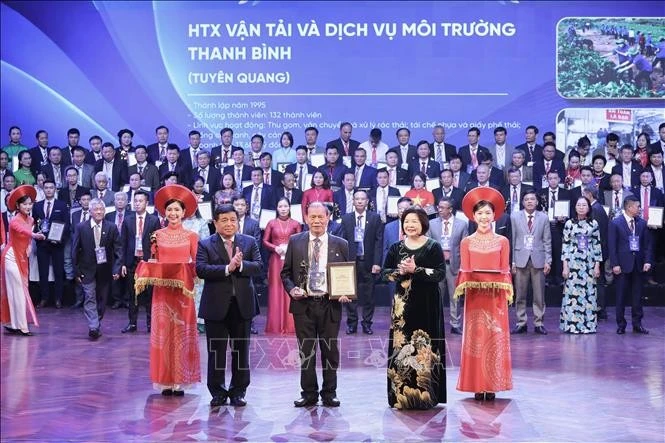

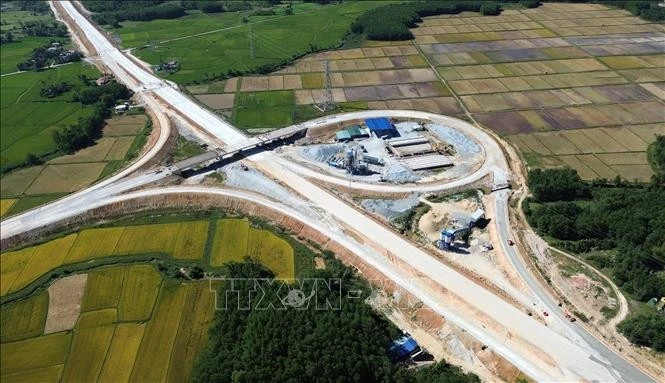
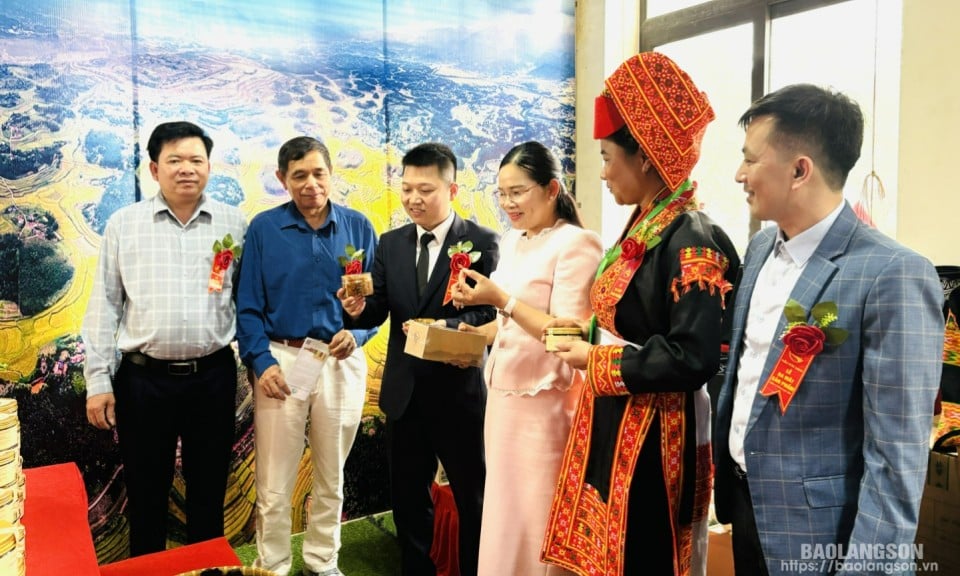

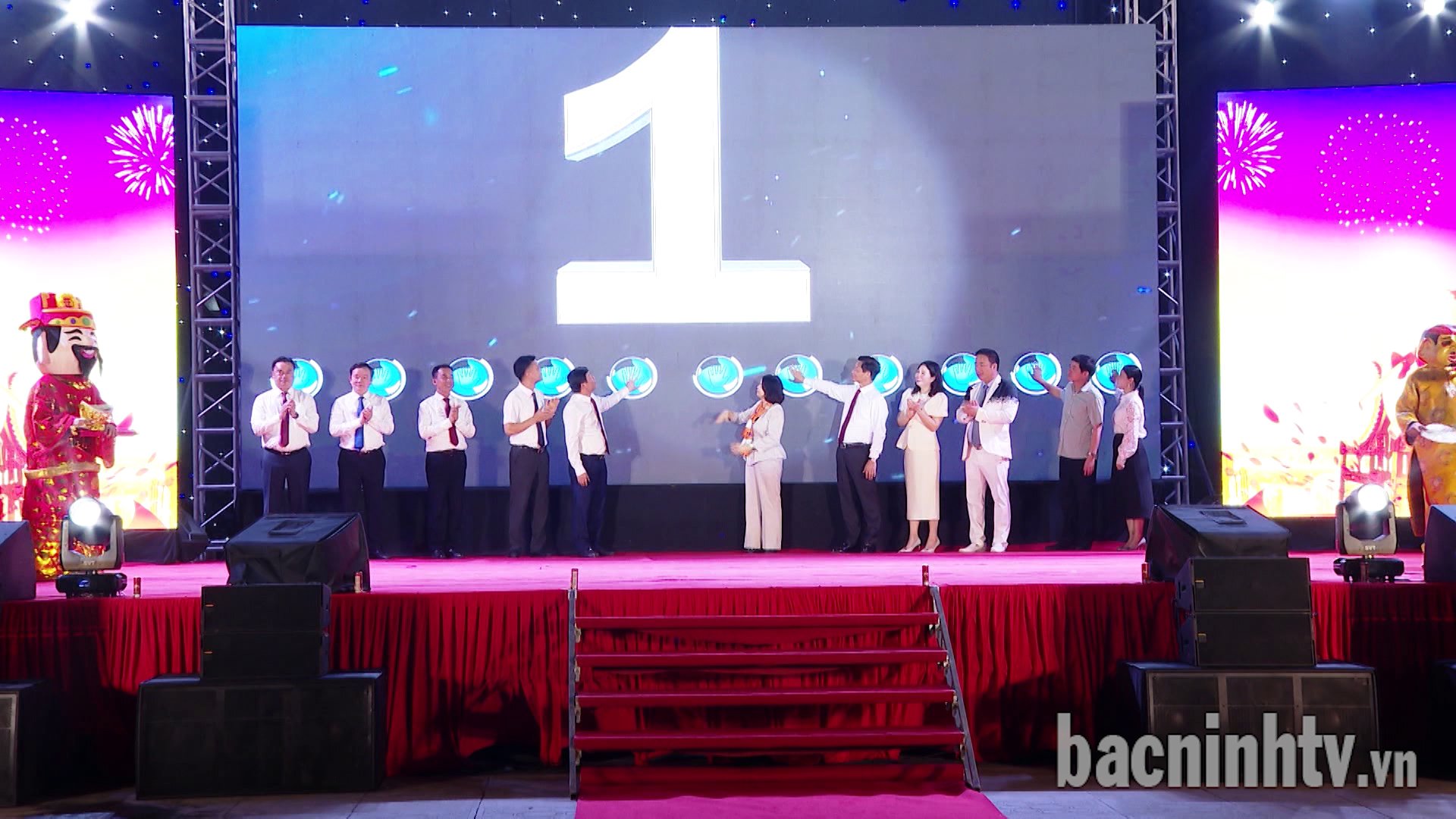
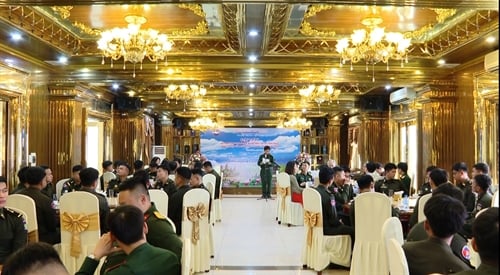
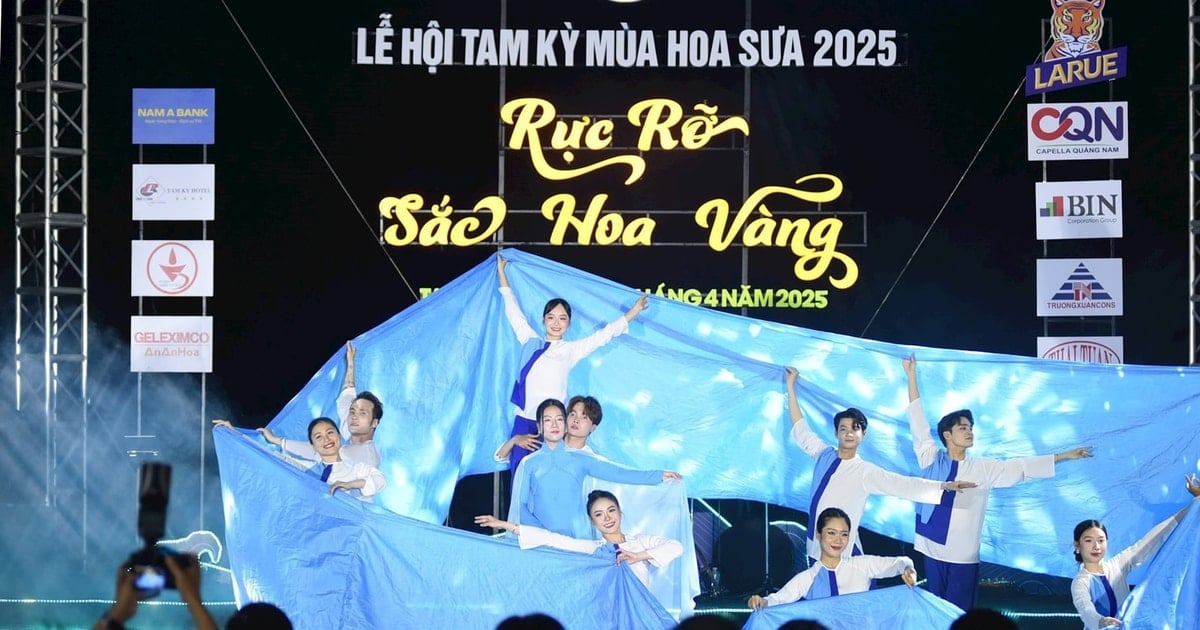












Comment (0)